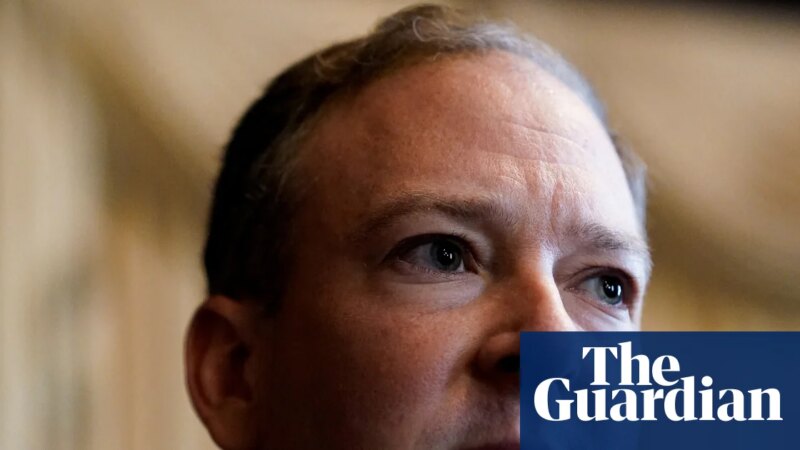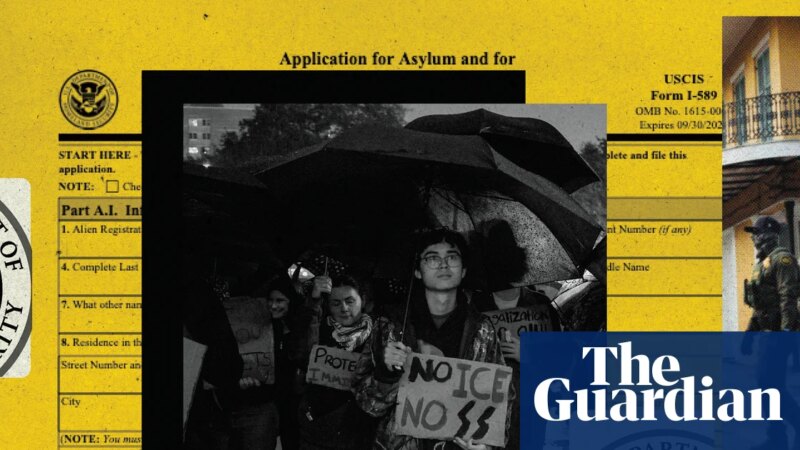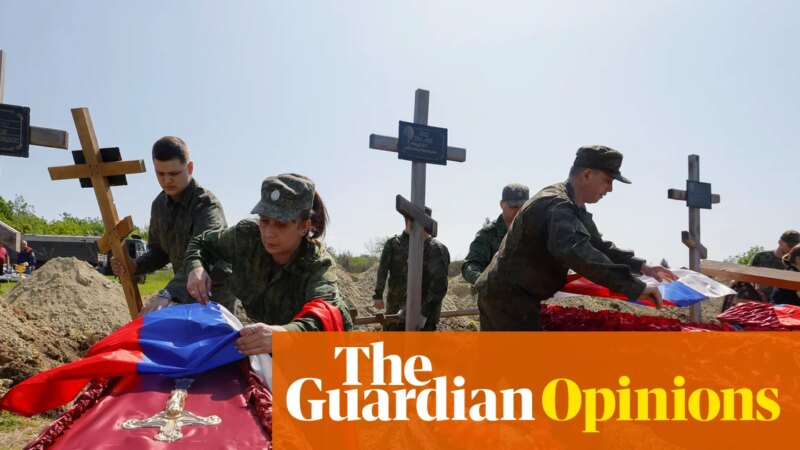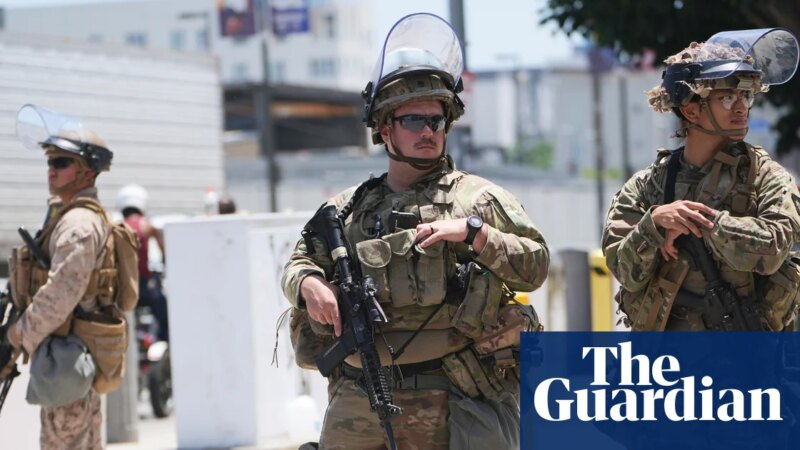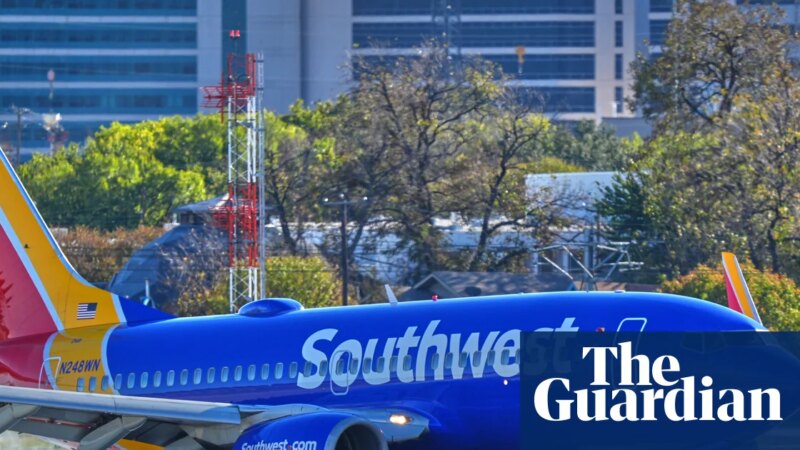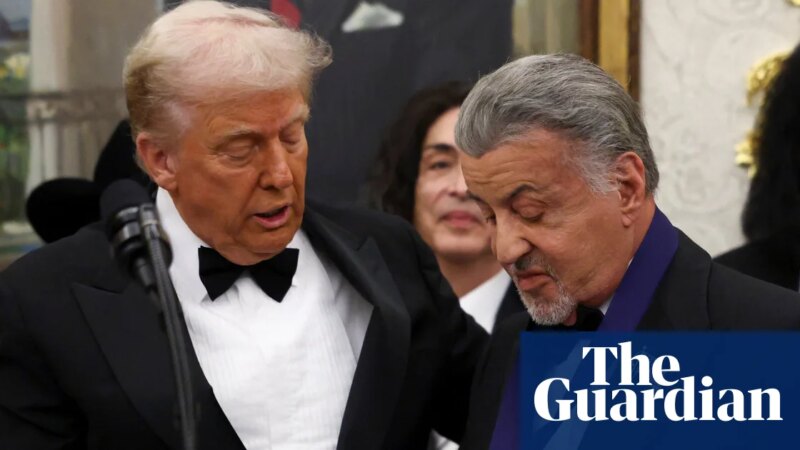Trump news at a glance: supreme court examines president’s global tariffs | Trump administration
The conservative majority of United States supreme court justices has been widely criticized for granting Donald Trump an increasing amount of leeway to wield his presidential power. On Wednesday, the court questioned one avenue of the president’s authority: his ability to impose sweeping global tariffs.
Justices heard oral arguments on the legality of the tariffs, with conservative justices expressing skepticism of the strength of the Trump administration’s position.
“The vehicle is the imposition of taxes on Americans, and that has always been a core power of Congress,” said Chief Justice John Roberts.
The arguments center on the International Emergency Economic Powers Act, or IEEPA, a 1977 law which in some circumstances grants the president authority to regulate or prohibit international transactions during a national emergency. Trump cited the law as he slapped steep duties on imports into the US.
About 40 legal briefs have been filed in opposition to the tariffs, including from the US Chamber of Commerce, the largest business lobby group in the US.
US supreme court justices express skepticism over legality of Trump tariffs
The Trump administration faced tough questions at the US supreme court over the legality of its sweeping global tariff regime, as justices expressed skepticism over the law it used to slap steep duties on almost every US trading partner.
Should the supreme court ultimately rule against Trump’s tariffs it will force the White House to go back to the drawing board and reconsider how to enforce an aggressive economic policy which has strained global trade ties.
US to cut airline traffic by 10% due to shutdown, Trump transport chief says
Transportation secretary Sean Duffy, said on Wednesday the federal government would be reducing airline traffic by 10% at 40 locations beginning on Friday if the record-breaking government shutdown does not end by then.
The reductions are aimed at reducing the stress on air traffic controllers, who have been working throughout the shutdown without pay.
Trump goes on posting frenzy a day after Democrats win key elections
Donald Trump appeared to be sharing everything on his mind all at once on Wednesday as he posted more than 30 Truth Social posts in less than two hours.
Trump’s posts ranged in subject matter and included recommendations to his followers to buy books written by several of his supporters and allies. Other posts included videos of Trump appearing to read nearly verbatim from his own previously posted Truth Social text posts. They appeared to be artificially generated, but the Guardian could not independently confirm.
Democrats celebrate while Republicans stew over Mamdani’s win
Left-leaning Americans awoke to a rare recent moment of political celebration with Democratic victories in several elections across the country, led by the election of Zohran Mamdani as the next mayor of New York, while Republicans breathlessly hailed the end of the country. Many Republicans’ immediate reaction was to attribute Mamdani’s win to an electorate overrepresented by immigrants, snidely implying they were not “real” Americans.
Republicans file lawsuit challenging California’s redistricting measure
The suit, filed by David Tangipa, a Republican assembly member, 18 California voters and the state Republican party in the US district court for the central district of California, argues that the new maps are unconstitutional because they were drawn to increase the voting power of a particular racial group. It asks the court to block the new maps from taking effect, at least temporarily.
What else happened today:
Catching up? Here’s what happened on 4 November 2025.
